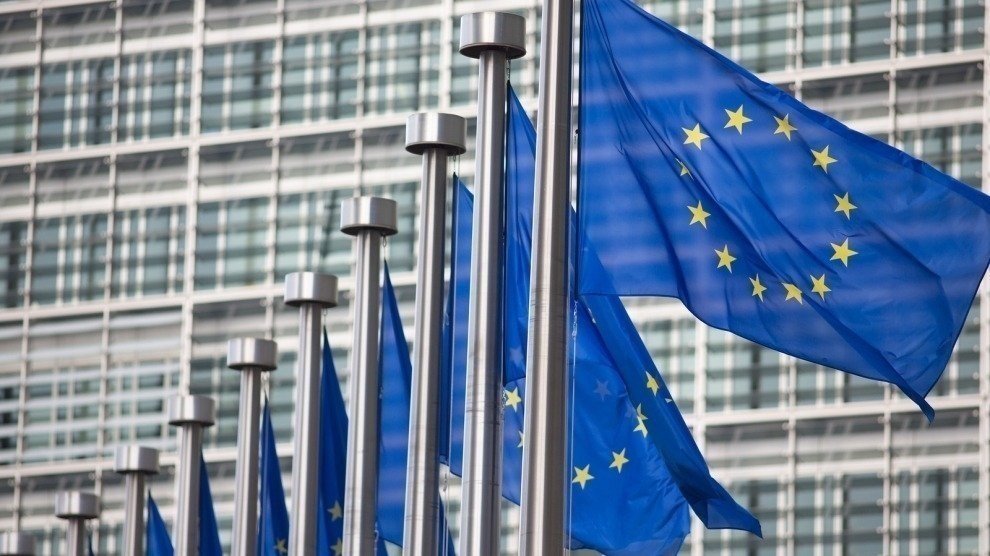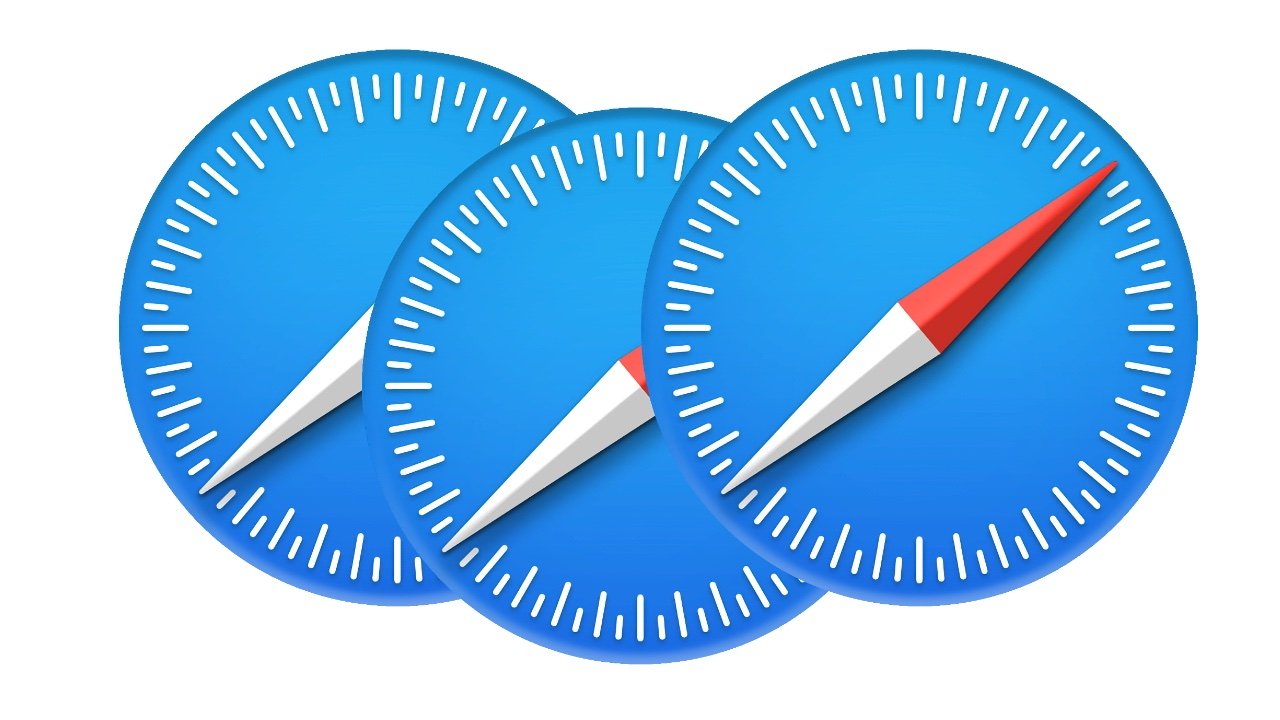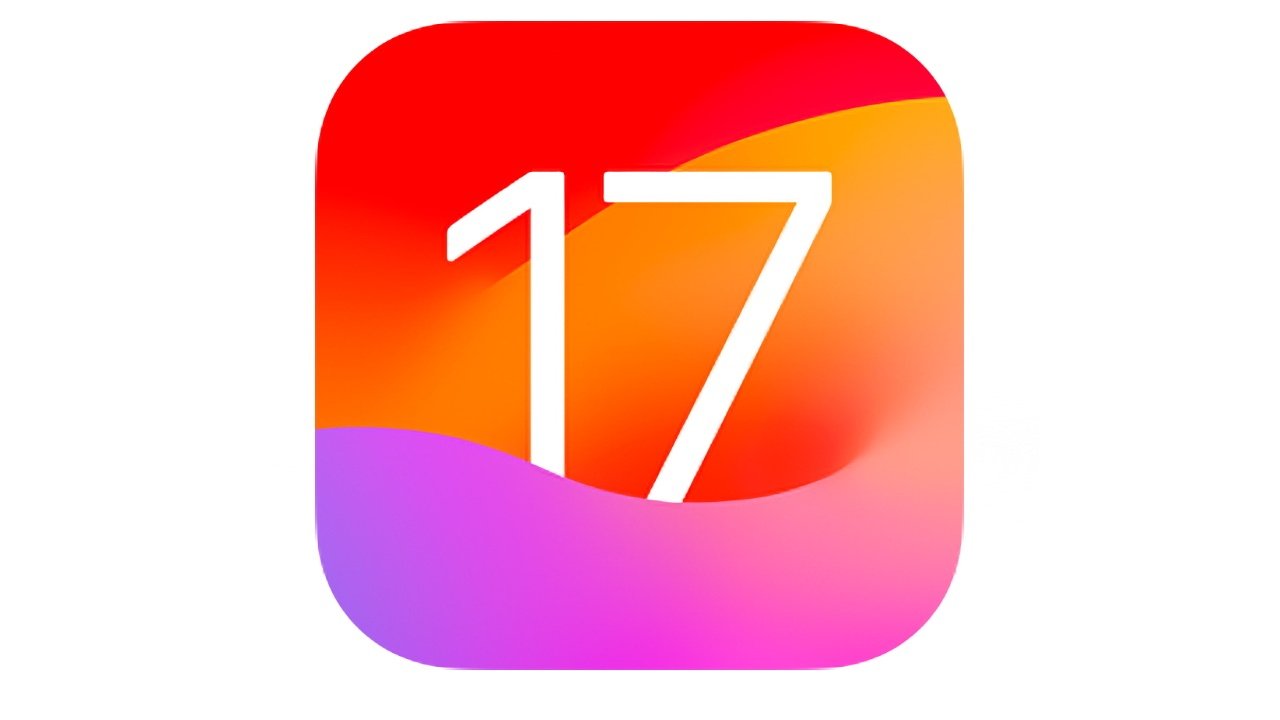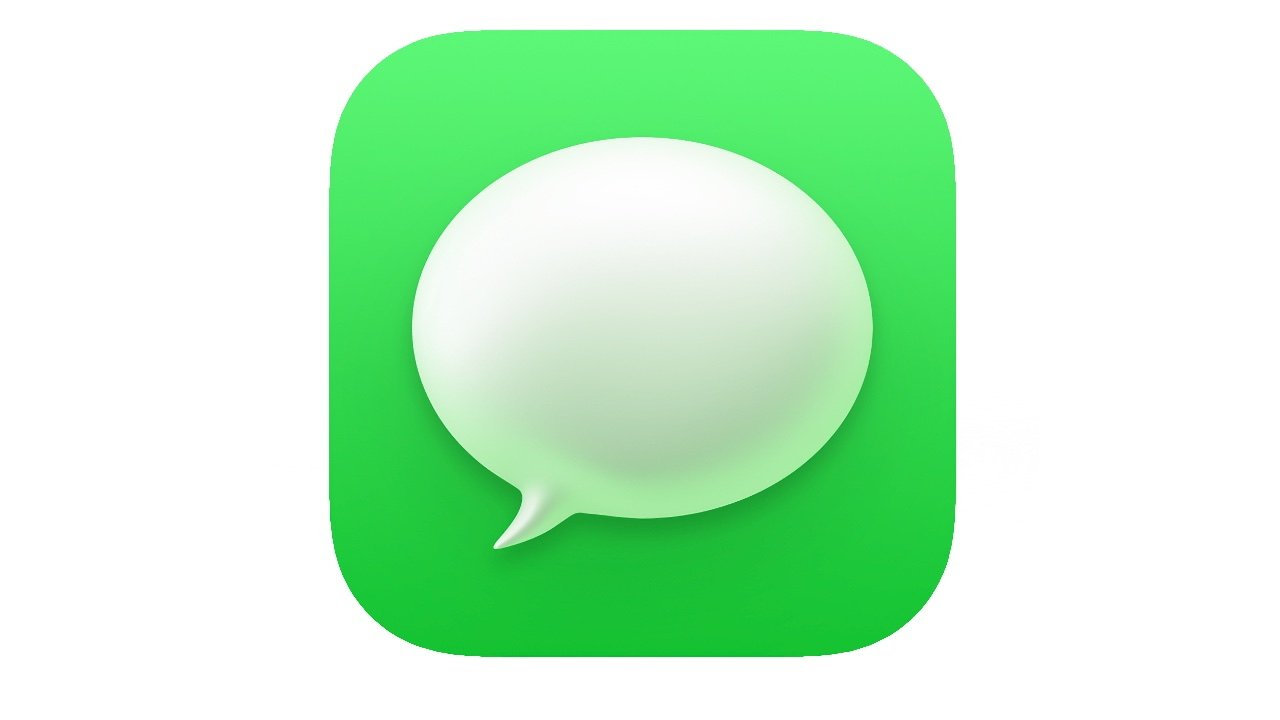In one of its efforts to avoid exceeding user thresholds and so having to comply with the EU’s Digital Markets Act, Apple has tried to claim it has three separate Safari browsers.
The ploy did not work, it has been rejected by the European Union, and it was never likely to succeed. Not since the entire Digital Markets Act was really created specifically to target Big Tech firms such as Apple.
These firms are described as “gatekeepers” under the EU law, which came into force on November 1, 2022, and became applicable on May 2, 2023. Amongst other considerations, a company is labelled a gatekeeper if it has over 45 million active users in Europe monthly, and at least a 75 billion euro ($80 billion) market capitalization.
As first spotted by The Register, Apple was declared a gatekeeper in its core platform services (CPS). Those are Apple’s operating systems, its App Store, and the Safari web browser.
Over a series of exchanges with the EU, Apple tried objecting to the claim that it meets gatekeeper status on web browsers. According to the EU’s newly-published ruling, “Apple disagrees with the preliminary view set out in the Commission’s letter of 25 July 2023 that the Safari web browsers should be considered as one single web browser CPS.”
“In its reply to that letter, Apple reiterated its position that each of its Safari web browsers constitutes a distinct CPS,” continues the report. “Moreover, Apple considers that it meets the thresholds laid down in Article 3(2) of Regulation (EU) 2022/1925 only in relation to Safari on iOS.”
The European Commission’s report about its deliberations on the issue then take up three pages, but in the more than a thousand words of argument, really just four are key. In denying Apple’s argument, the EU quotes the company’s own advertising, which says — “Same Safari. Different device.”
Five different OSes
Apple tried the same argument over its different operating systems, but there it was on more solid ground. According to the EU’s report, Apple said “that it offers five distinct operating systems,” and that “only iOS meets the [DMA] thresholds.”
Those operating systems are of course iOS for the iPhone, iPadOS, macOS, watchOS, and tvOS. Apple argues that each OS is built “to exclusively operate the respective device.”
“Apple submits that the extent to which its operating systems are tailored to a specific device and to Apple’s hardware, differentiates Apple from other providers, such as Google,” it continues, “whose operating system Android is designed to support both smartphones and tablets and to work on devices of many original equipment manufacturers.”
The iPhone and iPad used to run the same operating system, but the EU report says that “since 2019, [Apple] has been offering distinct operating systems for each device.” Apple itself pointed out that the iPad can run iPhone apps, but “it follows from Apple’s submissions that ‘Compatibility Mode’ provides a significantly inferior experience.”
Consequently, the EU accepted Apple’s argument about five separate operating systems. It therefore accepted the company’s position that only iOS qualifies as a gatekeeper.
iMessage
This same EU report also puts to rest a back-and-forth between Apple and regulators over Messages, and not in Apple’s favor.
After originally confirming that Messages qualifies under the DMA thresholds, Apple then later reversed its position and argued that it does not. In September 2023, it was reported that both Apple’s Messages and Microsoft’s Bing had been removed from the law, while under further consideration.
The EU says the fact that Apple doesn’t charge separately for iMessages isn’t enough to exclude it from regulations
“According to Apple, iMessage is not a fee-based service and Apple does not monetise it via the sale of hardware devices nor via the processing of personal data,” says the report. “In particular, Apple argues that there is no direct link between the setting of the price and the purchase of hardware devices, and the use of iMessage.”
Apple’s central argument is that it does not make money from Messages and that this fact alone means it does not meet the DMA’s definition for gatekeeper status.
However, the EU notes that the definition actually “refers to services that ‘normally provided for renumeration’.”
Apple must have been fully aware of that definition because in its case it also notes a little sniffily that “the fact that other messaging services are offered for remuneration is irrelevant for the qualification of iMessage.”
Unfortunately for Apple, the DMA definition is based on one set by the Court of Justice of the European Union, which “has interpreted the concept of renumeration broadly, as including not only direct payment for the service itself, but also other forms of indirect renumeration, such as through the sale of associated devices.”
So if a user wants to use iMessage, they have to buy an iPhone.
“Therefore, Apple receives a remuneration through the sale of Apple devices not only for the hardware, but also for Apple’s software applications that go with it, including the iMessage service,” says the report. “In this respect, and even if it is not decisive for the notion of remuneration whether a service plays a minor or major role in the marketing of hardware devices, iMessage is an important element of the expansion of Apple’s ecosystem which, by the same token, includes hardware.”
The EU concludes that Apple’s Messages service qualifies as a gatekeeper.
What happens next
It’s not clear whether Apple has any further opportunity for appeal, which would delay its having to comply with the Digital Markets Act still further.
Assuming that Apple eventually has to comply, the most visible impact will be that the EU will require Messages — and the App Store — to be opened up to third party alternatives.
Gatekeeper firms who fail to comply with the DMA requirements within six months will face investigation. They could then potentially see “behavioral or structural remedies” enforced on them.
Ultimately, that enforcement could see Apple, or other non-complying firms, being fined up to 10% of their worldwide turnover. At times, it has seemed as if Apple and other Big Tech firms have just found it more cost-effective to simply pay fines, but repeat DMA offenders can be fined up to 20% of turnover.





